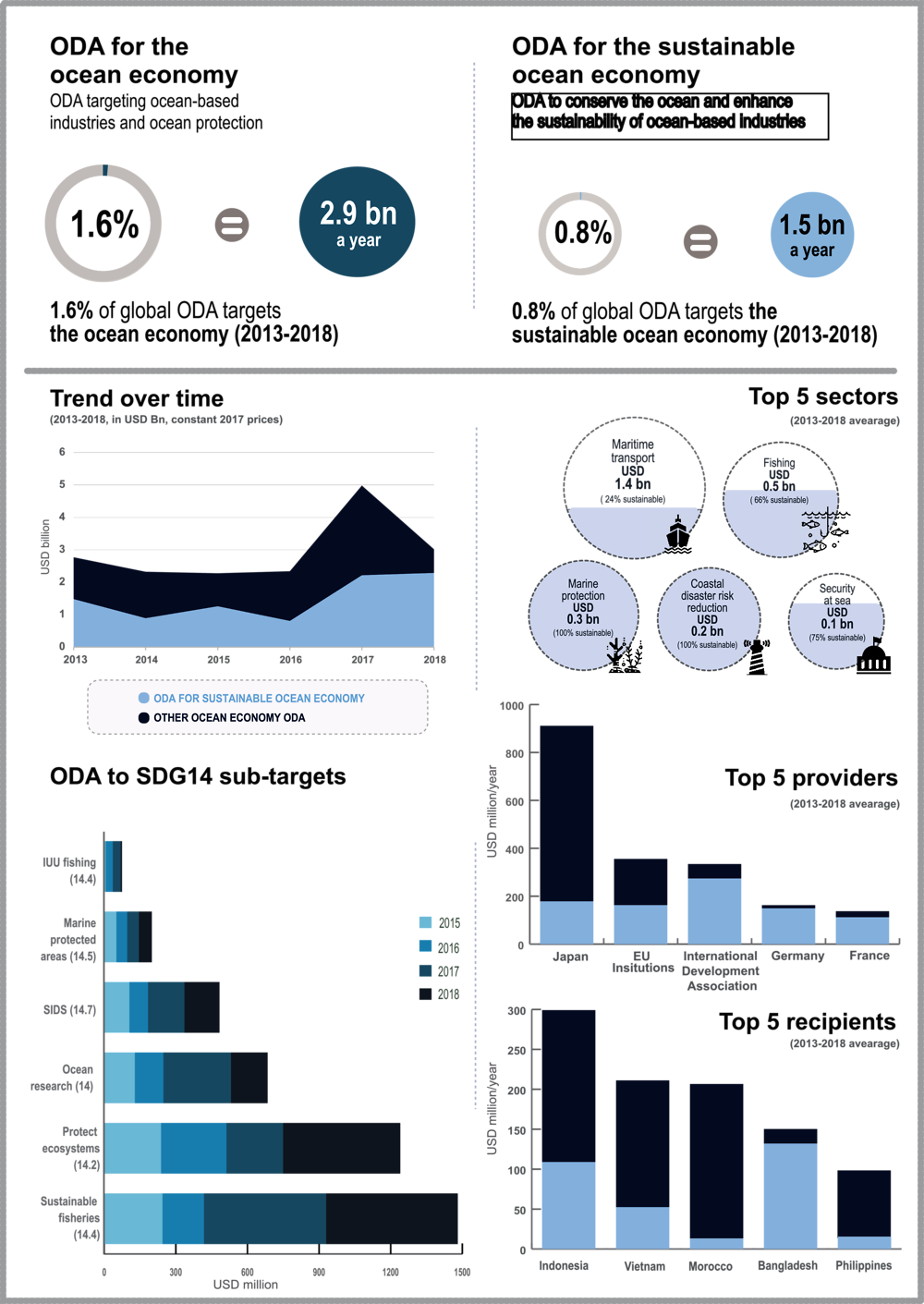What is a Green Economy?
“A green economy is defined as low carbon, resource efficient and socially inclusive. In a green economy, growth in employment and income are driven by public and private investment into such economic activities, infrastructure and assets that allow reduced carbon emissions and pollution, enhanced energy and resource efficiency, and prevention of the loss of biodiversity and ecosystem services.”- UNEP
In 1989, a group of environmental economists commissioned by the UK government proposed the concept of a green economy. The green economy initially focused on national concerns and broadened to address global challenges such as climate change, deforestation, wildfires, and ozone depletion. It prioritizes the energy and transportation sectors, followed by agriculture and forestry.
The United Nations Environment Programme (UNEP) significantly popularized the concept through its 2008 Green Economy Initiative. Aligned with SDGs 7 (Affordable and Clean Energy), SDG 9 (Industry, Innovation, and Infrastructure), SDG 11 (Sustainable Cities and Communities), SDG 12 (Responsible Consumption and Production), SDG 13 (Climate Action), and SDG 15 (Life on Land), it addresses key global challenges.
What is a Blue Economy?
“Blue Economy is sustainable use of ocean resources for economic growth, improved livelihoods, and jobs while preserving the health of ocean ecosystem.” – World Bank
The blue economy, which has its roots in the green economy, aims to sustain fisheries, and maritime, and coastal resources. It focuses on the sustainable use of ocean resources, marine conservation, and maritime industries and aligns closely with SDG 14 (Life Below Water), which concerns the conservation and sustainable use of the oceans, seas, and marine resources for sustainable development and demands international cooperation for the oceans to get back in balance. According to OECD projections, the Ocean Economy is expected to double by 2030, reaching USD 3 trillion and employing 40 million people. Oil and gas, fishing, aquaculture, shipping, tourism, offshore wind energy, mining, and marine biotechnology are just a few industries that make up the ocean economy, which is expanding quickly.

Source: OECD
How did the concepts of green economy and blue economy emerge in the realm of NGOs?
The origins of the green economy and blue economy concepts among non-governmental organizations (NGOs) can be traced back to their efforts to address environmental degradation, promote sustainable development, and advocate for policy changes in local, national, and international domains. NGOs have played a significant role in shaping the discourse and promoting the adoption of these concepts through research, advocacy, and grassroots mobilization.
Both the green economy and the blue economy have emerged as guiding principles for NGOs. Rooted in the urgent need to address environmental challenges and foster sustainable practices, these frameworks have become the fundamental pillars of NGO initiatives aimed at promoting ecological stewardship and equitable development.
NGOs’ Role in Green Economy
Advocacy and Awareness: NGOs are at the forefront of raising awareness about environmental issues and advocating for policies that support green economic practices. Through campaigns, educational initiatives, and grassroots mobilization, NGOs engage communities and policymakers in dialogue and action toward sustainable development goals.
Capacity Building: NGOs provide training, technical assistance, and capacity-building programs to empower individuals and communities to embrace green practices and participate in sustainable economic activities. By equipping stakeholders with the knowledge and skills needed to adapt to changing environmental conditions, NGOs foster resilience and promote inclusive development.
Policy Engagement: NGOs engage in policy dialogue and advocacy to influence decision-making processes at local, national, and international levels. By collaborating with governments, intergovernmental organizations, and other stakeholders, NGOs contribute to the formulation and implementation of policies that support the transition to a green economy and address pressing environmental challenges.
NGOs’ Role in Blue Economy
Marine Conservation: NGOs lead efforts to protect marine ecosystems, preserve biodiversity, and mitigate the impacts of human activities on oceans and coastal areas. Through marine conservation projects, research initiatives, and advocacy campaigns, NGOs work to safeguard marine habitats, restore degraded ecosystems, and promote sustainable fisheries management.
Community Engagement: NGOs collaborate with coastal communities, indigenous groups, and fisherfolk to promote community-based approaches to marine conservation and sustainable livelihoods. By empowering local stakeholders to participate in decision-making processes and sustainable resource management practices, NGOs foster social inclusion and equity within the blue economy framework.
Eco-tourism and Sustainable Development: NGOs promote eco-tourism initiatives that offer alternative livelihood opportunities while promoting environmental awareness and conservation. By leveraging the potential of tourism as a tool for sustainable development, NGOs support initiatives that prioritize responsible tourism practices, cultural preservation, and environmental education.
The green economy and blue economy represent holistic approaches to sustainable development that prioritize environmental integrity, social equity, and economic prosperity. Through their advocacy, innovation, and grassroots engagement, NGOs play a critical role in advancing these agendas and driving positive change toward a more sustainable and resilient future for all.
Bilateral donor funding for the Green Economy and the Blue Economy
Bilateral donor funding plays a pivotal role in advancing initiatives within both the green economy and blue economy sectors worldwide. These funds are crucial for supporting projects that promote sustainability, environmental conservation, and economic development. Some of the major bilateral donors known for supporting environmental and sustainable development projects include:
- United States Agency for International Development (USAID): USAID supports a wide range of environmental and sustainable development initiatives globally, including those related to the green and blue economy.
- European Union (EU): The EU provides funding for various environmental and sustainable development projects worldwide, including support for green and blue economy initiatives in its member states and partner countries.
- Germany’s Federal Ministry for Economic Cooperation and Development (BMZ): Germany’s BMZ is actively involved in funding projects related to environmental protection, sustainable development, and green economy initiatives in developing countries.
- Japan International Cooperation Agency (JICA): JICA supports sustainable development efforts in various sectors, including environmental conservation and blue economy initiatives, particularly in Asia and Africa.
- Norwegian Agency for Development Cooperation (Norad): Norway provides significant funding for environmental and climate-related projects worldwide, including support for initiatives promoting sustainable practices in the blue economy.
- Swedish International Development Cooperation Agency (Sida): Sida funds a wide range of development projects, including those aimed at promoting sustainable resource management and green economy practices in developing countries.
- United Kingdom’s Department for International Development (DFID): The DFID has historically supported various green and blue economy initiatives across the globe.
Private Foundations Funding in the Green Economy and the Blue Economy
In the year 2021, the private foundations that funded the green and blue economies are as follows:
The Ocean Foundation: The Ocean Foundation is a private foundation dedicated to supporting ocean conservation efforts. In 2021, they funded $8.5 million for various projects focused on the blue economy, such as sustainable fisheries management, marine conservation, coastal community resilience, and research on ocean health. The foundation often collaborates with other organizations and partners to implement these initiatives.
The Rockefeller Foundation: The Rockefeller Foundation is known for its support of initiatives related to sustainability, resilience, and social innovation. Along with the Bezos Earth Fund and the IKEA Foundation, the Rockefeller Foundation co-founded the Global Energy Alliance for People and Planet in 2021, and it has since pledged $500 million to the project.
The Rockefeller Foundation has continued to fund projects aimed at advancing the green economy, including investments in renewable energy, sustainable agriculture, clean transportation, and climate resilience strategies in vulnerable communities around the world.
The Gordon and Betty Moore Foundation: The Gordon and Betty Moore Foundation has a strong focus on environmental conservation and sustainability. In 2021, they provided funding for initiatives promoting the blue economy, such as marine protected areas, sustainable seafood practices, oceanographic research, and the development of innovative technologies for ocean conservation and management. In the same year, the foundation allocated $33.7 million towards climate action initiatives.
The MacArthur Foundation: The MacArthur Foundation supports a range of initiatives related to sustainability, including those aligned with the green economy and blue economy. In 2021, they funded projects focused on renewable energy, conservation finance, climate resilience, and sustainable development in both terrestrial and marine ecosystems. During that year, the foundation pledged $39.8 million towards climate action efforts.

